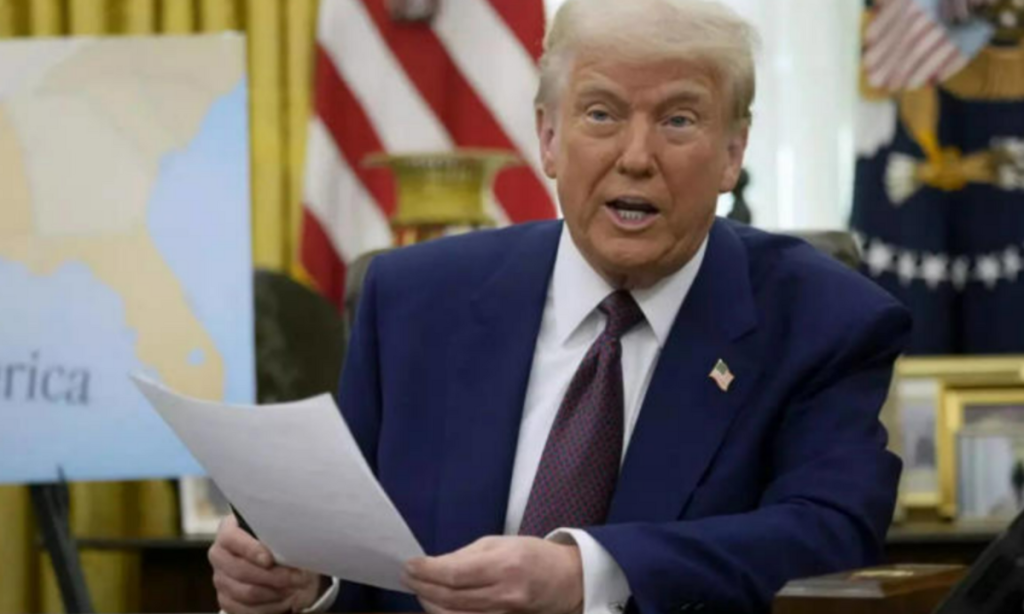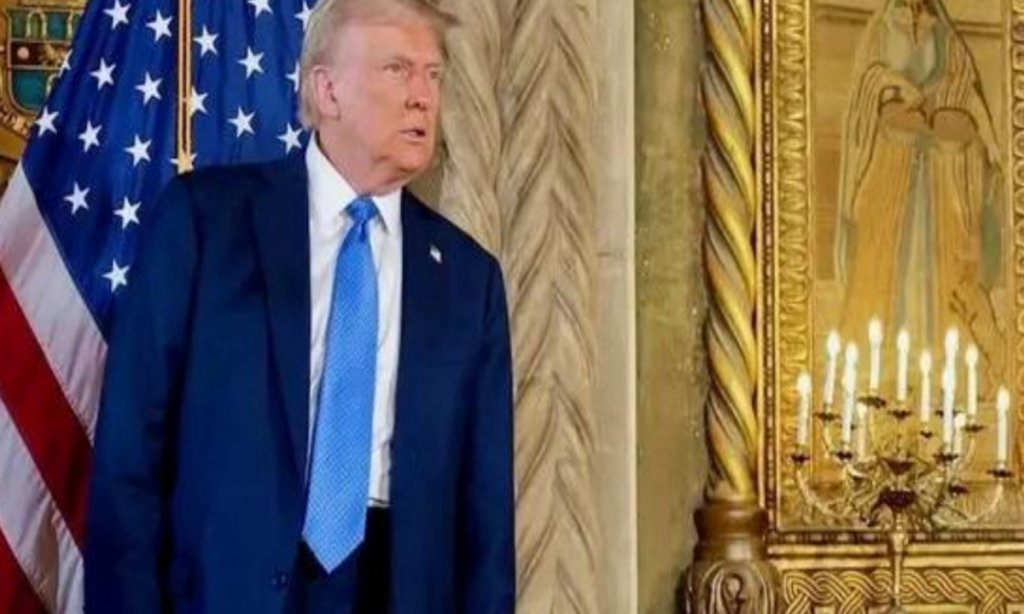Elon Musk, who now leads the Department of Government Efficiency (DOGE), has proposed a massive sale of federal buildings to generate quick revenue for the government.
While the plan aims to reduce expenses and streamline government operations, financial experts warn that it could destabilize the already struggling commercial real estate market.
According to The American Prospect’s David Dayen, selling large amounts of government-owned office space at a time when the commercial real estate sector is weak is like “playing with fire”. Some experts fear that the move could trigger widespread financial problems, particularly in cities like Washington, D.C., where federal offices are a major part of the real estate market.
How the Sale Could Impact the Real Estate Market
The commercial real estate industry is already under significant stress, with many office buildings experiencing record-high vacancy rates. Companies are downsizing or switching to remote work, leaving many office spaces empty.
If the government suddenly sells off large amounts of real estate, the market could experience several negative effects, including:
Falling property values – More properties for sale means lower prices, reducing the value of buildings still in the market.
Financial losses for property owners – Those who own similar office buildings may face decreasing rental income and lower demand for space.
Increased loan defaults – Many buildings are financed through commercial mortgage loans. If property values fall too much, owners may struggle to repay their loans, leading to defaults.
Stijn Van Nieuwerburgh, a real estate and finance professor at Columbia Business School, warns that every additional shock adds more pressure to an already fragile market.
“I don’t think the DOGE team has fully thought this through,” he said.

Could This Plan Lead to a Financial Crisis?
Financial experts worry that the sale of federal buildings could have serious economic consequences.
Here’s how the situation could escalate:
Defaults on commercial mortgages could increase, affecting banks that have lent money to property owners.
If banks suffer major losses, they may tighten lending, which can slow down economic growth.
Investor panic could spread, leading to stock market declines and reduced business confidence.
Dayen warns that this situation could “spark something that rages out of control,” much like the 2008 financial crisis, which was also linked to problems in real estate financing.
Potential Risks to Financial Stability
The risks associated with Musk’s plan go beyond just real estate values. There are wider economic concerns, including:
Urban economic decline – Cities like Washington, D.C., rely heavily on government offices. If these buildings are sold and remain empty, local businesses that depend on office workers (restaurants, shops, and public transport services) could suffer.
Bank instability – Many banks have large amounts of loans tied to commercial real estate. If property values collapse, banks could face financial stress or even fail, similar to what happened during previous economic crises.
Unemployment increases – If businesses struggle due to declining property values and fewer office workers, job losses could follow, adding more pressure to the economy.
Experts are calling for a more cautious approach, urging the government to reconsider the timing and scale of the sell-off.
Concerns Over Rapid Implementation
Critics argue that Musk’s fast-track approach may not be the best way to handle government property sales. There are several unanswered questions, such as:
How will these properties be priced and sold?
Who will be allowed to buy them?
Will the government reinvest the money in economic recovery efforts?
There is also concern about potential conflicts of interest, given Musk’s extensive business holdings and connections in the real estate and finance sectors.
Some believe the plan mirrors Musk’s leadership style in his other ventures—rapid decision-making without fully considering long-term consequences.
Is There a Smarter Alternative?
Experts suggest that instead of selling off large amounts of real estate all at once, the government should:
Lease office spaces rather than sell them – This would generate revenue while maintaining government control over valuable properties.
Convert office spaces into affordable housing – Many cities have housing shortages. Repurposing government buildings into apartments could help ease the crisis.
Gradually sell properties over time – A slow and steady approach would prevent a sudden drop in property values, allowing the market to absorb the changes more effectively.
Final Thoughts
While reducing government expenses is a valid goal, the massive sell-off of federal buildings needs careful planning. Experts warn that acting too quickly could create financial instability, impacting real estate, banking, and urban economies.
Before moving forward, the government must consider the long-term effects and ensure that this decision doesn’t lead to a larger economic crisis.
Disclaimer—Our team has checked this article to ensure its accuracy and eliminate any misinformation. We are committed to providing clear and reliable information for our readers.


